Introduction to applied data science 101: Key concepts and methodologies
Data Science Dojo
AUGUST 30, 2023
Statistical analysis and hypothesis testing Statistical methods provide powerful tools for understanding data. Hypothesis testing, correlation, and regression analysis, and distribution analysis are some of the essential statistical tools that data scientists use.

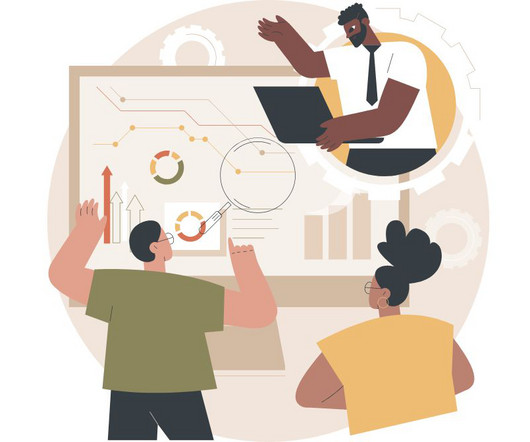
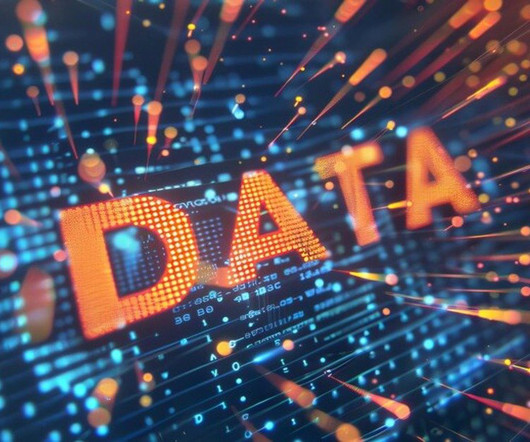
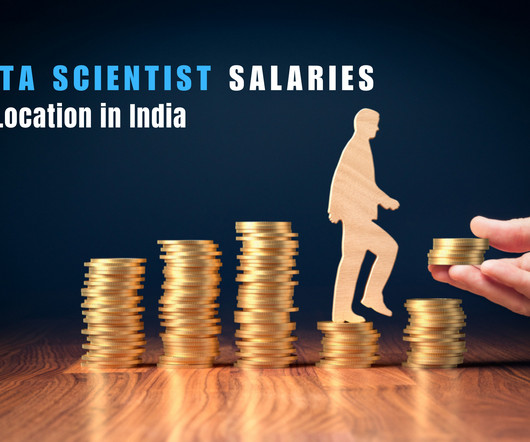
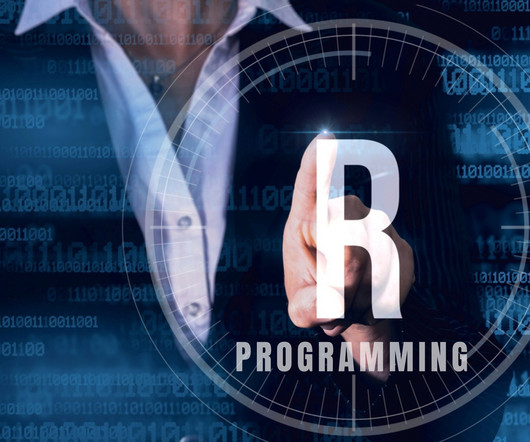
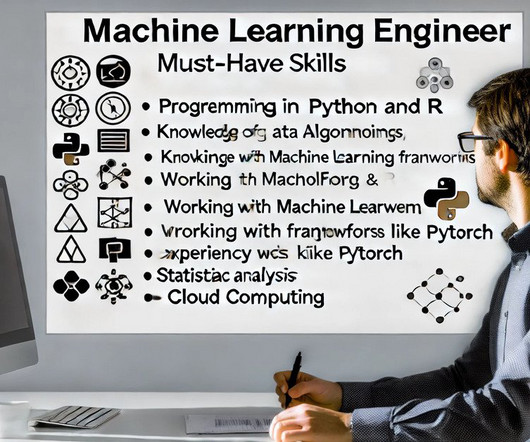
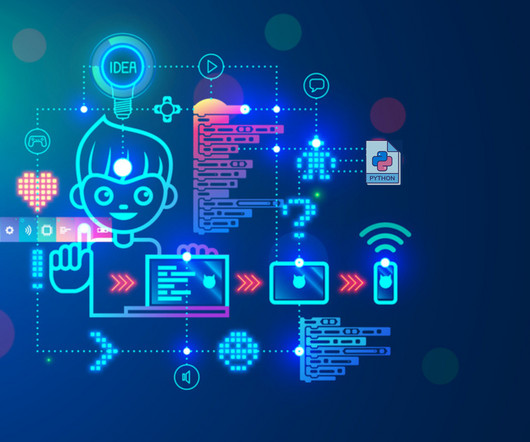






Let's personalize your content